Travelling for Business with a Disability
our top tips to a successful business trip for those with a disabilityAt Gray Dawes, we believe that travel can have a positive impact on a person’s life. It’s this philosophy that drives us – we exist to help people travel better and, in turn, help them to realise their full potential.
Yet for those with a disability, travelling the world can prove a challenge. It’s not just about getting from A to B – every single stage of the journey needs to be planned meticulously to avoid obstacles that could derail a trip. This could be in the form of an airport lacking wheelchair accessibility or an intra-city bus service that does not adequately cater for visually impaired passengers.
In this article, we explore the realities of business travel for people with disabilities and offer up our top tips to better prepare, stay safe, and ultimately thrive while travelling the world.
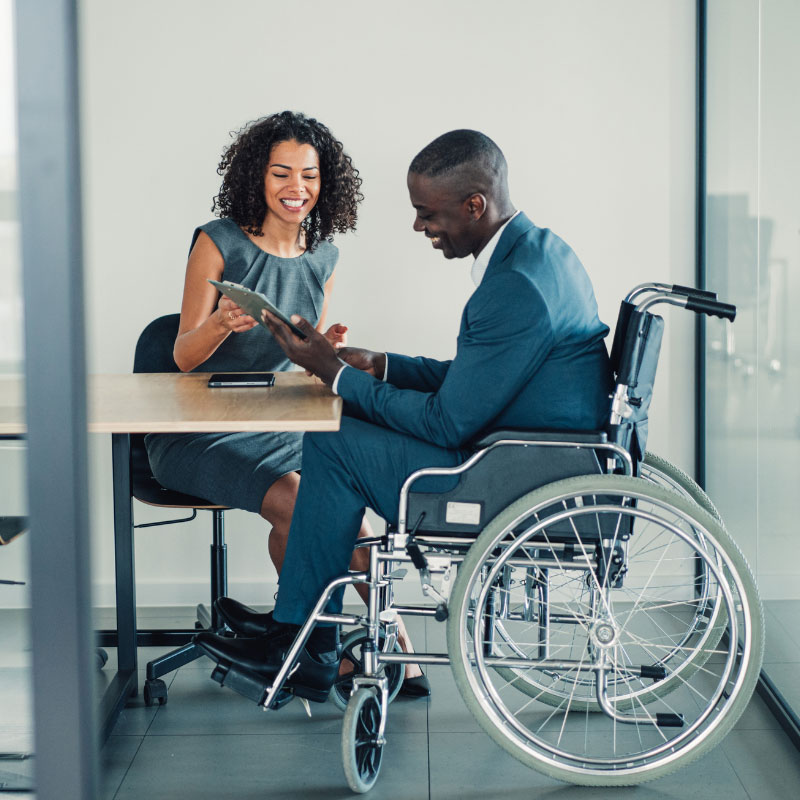
Planning Your Trip
The first step to any successful business trip is to plan thoroughly. This is true for anyone regardless of their health or circumstances, but it is especially important for those who live with a disability. But how can you plan your trip effectively? And what do you need to consider?
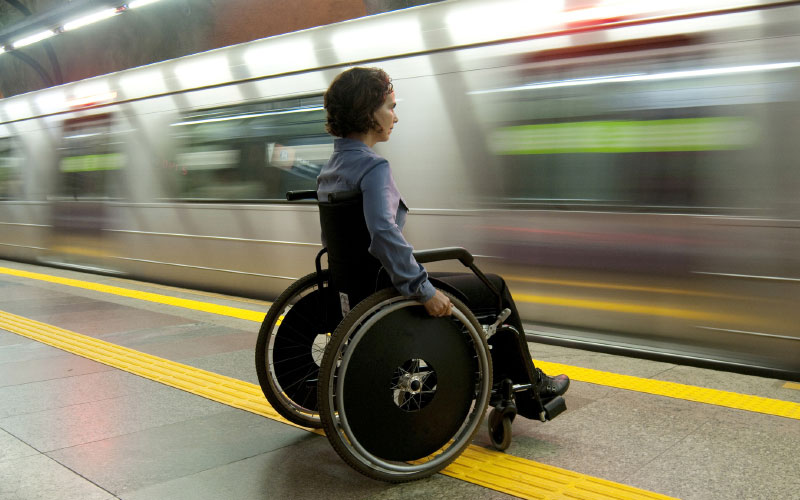
Review and Understand Your Needs
Just as every human is unique, so too is every physical and mental disability. Before embarking on your business trip, it would be useful to jot down a list of everything you might need to travel comfortably and ensure your disability or disabilities are properly accommodated for. This list should not only include vital belongings such as a walking cane or ear defenders but also an outline as to how these items need to be stored and/or transported properly. After all, knowing that your essentials will arrive with you safely and securely is for more than just peace of mind; it can be the difference between a successful trip and one that would best be forgotten.
But it’s not just about your needs. You should focus on what you want out of the trip too. Ultimately, travelling is supposed to be exciting and living with a disability shouldn’t prevent you from doing all of the things you want during your trip.
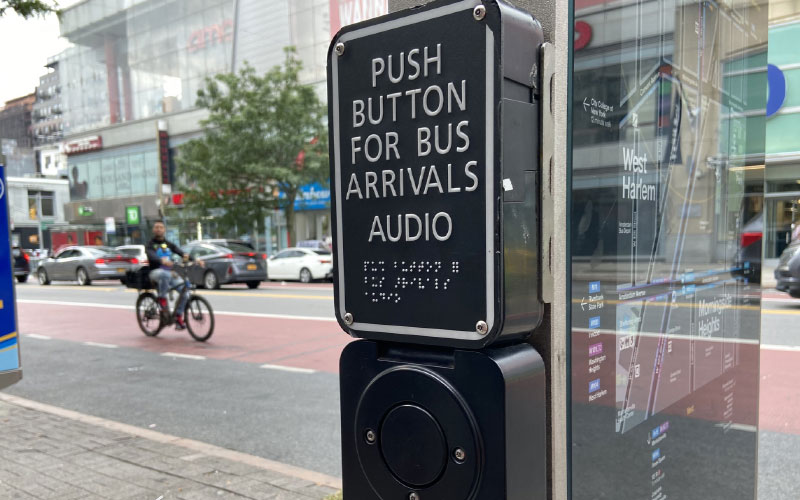
Research Your Destination Carefully
Although many countries, towns, and cities across the world have the proper infrastructure to support people living with a disability, there are still places where getting around safely might prove difficult. It is therefore crucial to research your destination thoroughly.
Ask yourself: Where are the nearest medical facilities and would they be in a position to help me in a crisis? Do I need a doctor’s note to carry the medication I take? Is the layout of the town or city I am visiting friendly to my needs, whether that be supplementing raised areas with wheelchair ramps or providing visual cues for those who are hard of hearing?
If your destination doesn’t tick all of your boxes, it might be worth connecting with local disability organisations or online communities that can provide valuable insights from people with similar experiences
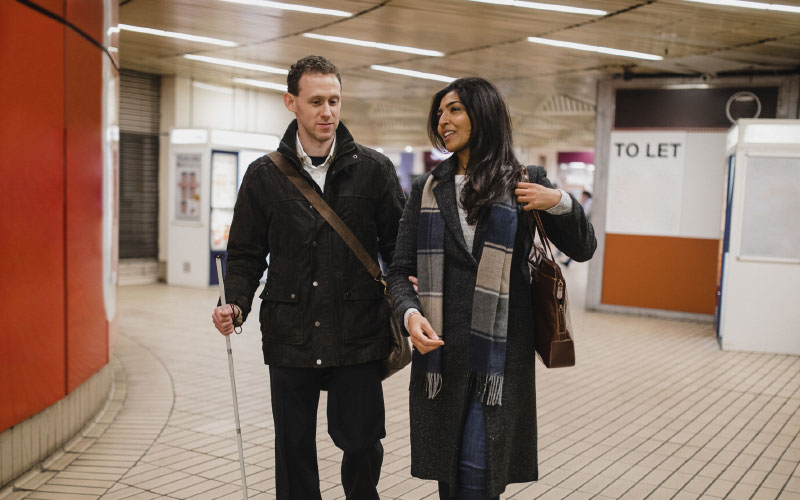
Search for Appropriate Accommodation
Once you know your destination, you will need to search for a place to stay. This can be tricky at the best of times; there are so many different types and styles of accommodation, each with its own list of pros and cons, that finding the perfect place can be like trying to pluck a needle from a haystack. The search can be harder still for those travelling with a disability, as the choice not only encompasses “optional extras” but extends to “absolute musts”.
Be picky in your search for hotels, guesthouses, or rental homes. Ensure that your chosen accommodation meets your specific needs and is equipped with the facilities required to support you, whether that be choosing a room with a roll-in shower or opting for a hotel in a quieter location where you can recharge your batteries after a mentally taxing day.
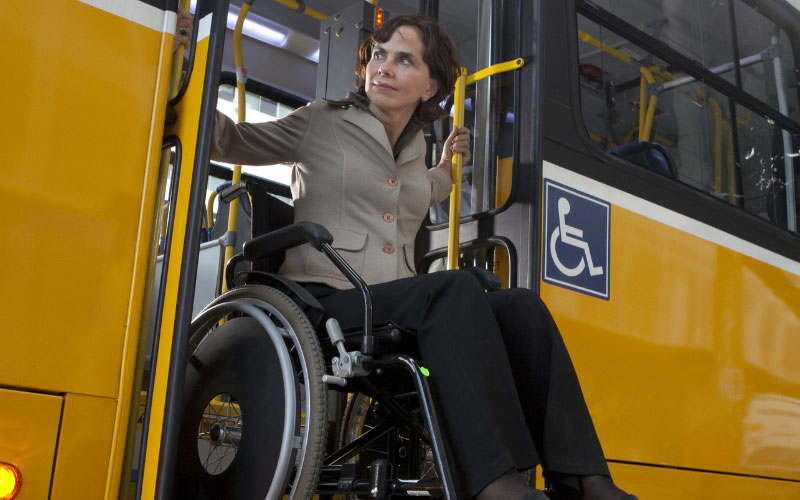
Research and Organise Transportation
For those living with a disability, choosing the right transportation can be the difference between a comfortable trip and one to forget. It is important to ensure that your transport is convenient to use and personally accessible as this will significantly impact your levels of independence and autonomy when travelling from A to B.
Take note of your needs and then compare them to the available transport options. Perhaps you need a wheelchair-accessible van with low floors, secure tie-downs and proper seating arrangements. Maybe you require access to Braille when taking a bus or train. Whatever you need and ultimately choose, it is always a wise idea to book as far in advance as you can to ensure that you have something in place once you arrive.
The 4 Packing Essentials
Packing for a trip is a crucial aspect of travel preparation, and for people living with a disability, it takes on added significance. In short, the importance of packing essentials goes beyond the typical travel checklist – it is a necessity that directly impacts the comfort, safety, and overall well-being of the traveller. Stay on top with our handy list of four packing essentials…

1. Medical Necessities
For many living with a disability, packing essential medical items is paramount. This includes prescription medications, medical equipment, and any necessary assistive devices such as canes or wheelchairs. Ensure you have an adequate supply for the duration of the trip, taking into account unexpected delays or changes in plans. It is also important to check whether there are any restrictions that might prevent you from bringing along what you need on your trip.
For example: The medication you take day-to-day might be regulated differently or entirely banned in another country. In these cases, you might be required to obtain a letter from your doctor explaining your needs or a copy of your prescription.

2. Accessibility Accessories
If you have a mobility impairment, you know how important specific aids and devices are to navigating daily life. Whether it’s a wheelchair, crutches, or a walker, packing these mobility aids is essential for maintaining independence during the trip. Travellers should also consider spare parts, batteries, and any tools required for the maintenance of assistive devices
Top tip: Ensure that the accessories or aids you own are appropriate for the environment in which you will find yourself i.e. will your wheelchair still move properly in the snow? You might have to make or buy adjustments for your accessories before you travel.
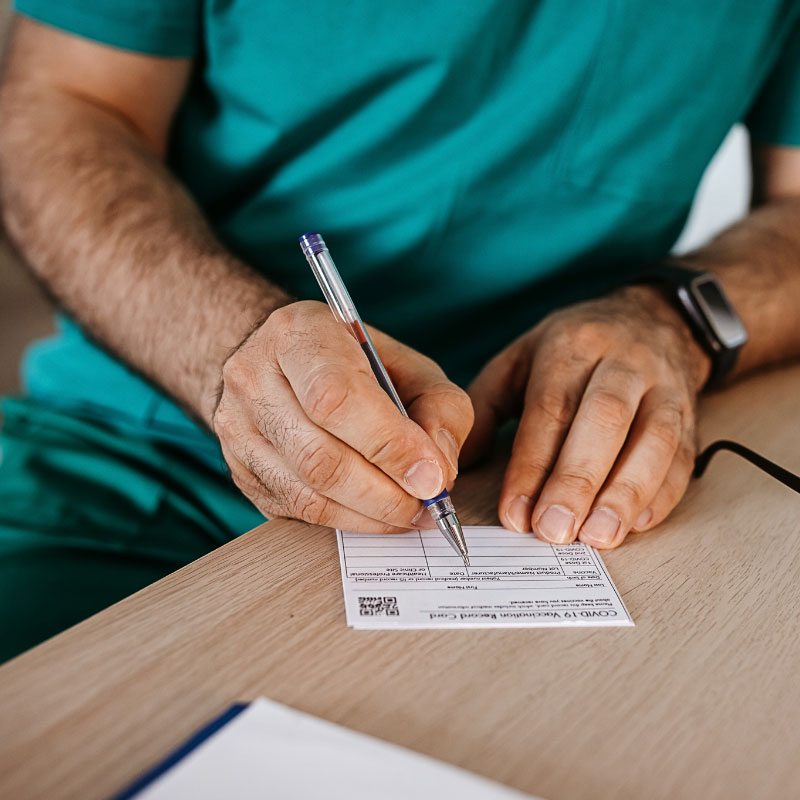
3. Documentation and Contacts
Important documents related to your disability, such as medical records, a doctor’s note, or a list of emergency contacts, should be included in your packing essentials. These documents can be invaluable in the event of medical emergencies or when seeking assistance at airports or accommodations. Additionally, having information about local medical facilities and accessible services at the destination is crucial.
Top tip: Make multiple copies of your important documents and keep them in different places i.e. one in a wallet and one in a secure pocket of your rucksack. That way, if you lose one copy you are more likely to have access to another. And don’t forget to have a backup in a digital cloud too.
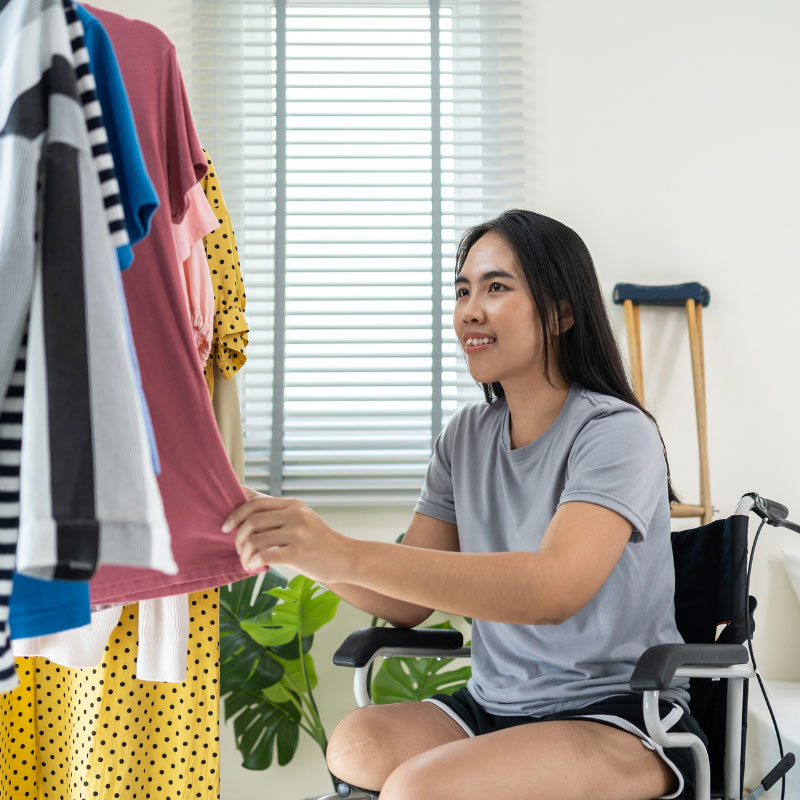
4. Clothing and Personal Care
Packing appropriate clothing for the destination’s climate and ensuring the inclusion of personal care items are essential for travellers with disabilities. Consideration should be given to clothing that accommodates specific needs, such as adaptive clothing for easier dressing or items that provide temperature regulation for individuals with sensory sensitivities.
Top tip: Try on all of your new clothes and accessories before you head off on your trip. This “test run” will help you guage whether the clothing is suitable for your needs and your ability to put on independently.
EVERY TRAVELLER MATTERS…
At Gray Dawes we’re not just here to deliver the best fares, the most innovative itineraries or the most experienced consultants. We strive to make a positive difference to people’s lives
Our boutique, High Touch service is provided by real people who go the extra mile to understand the needs of your travellers and how best to support them on their trip, drawing on our commitment to our duty of care.
In Summary
In the fast-paced world of business travel, individuals with disabilities often face unique challenges that demand careful planning and adaptability. However, armed with the right knowledge and preparation, these challenges can be navigated successfully. As we’ve explored in this blog post, there are several key considerations for business travellers with disabilities, encompassing both essential items to pack and strategies to navigate unfamiliar destinations.
Packing smart is crucial, and for those with disabilities, it has added significance. Beyond the usual travel essentials, individuals should prioritise packing items that cater to their specific needs and help them focus on their trip without being hindered by unforeseen obstacles.
Equally important is mastering the art of navigating unfamiliar locations. Choosing accommodation with accessibility features, researching accessible transportation options, and familiarising oneself with the local accessibility standards are fundamental.
In essence, the key to a successful business trip for those living with disabilities is rooted in preparation and a proactive mindset. By embracing these principles, potential obstacles can quickly turn into opportunities for personal growth and professional success.

USEFUL RESOURCES
- DisabledGo – Provide detailed accessibility information for a wide range of venues, including transportation hubs, hotels, and tourist attractions.
- Motability – Primarily known for its car scheme, Motability also provides information and resources on accessible travel options.
- AccessAble – Provides accessibility guides for a wide range of public places, including transport hubs, shopping centres, and tourist attractions.
CALL US
08448 553700
+44 (0) 1206 716111 (if outside the UK)
EMAIL US
ALWAYS HERE
Mon – Sun, 24 hours a day
LET’S TALK
Fill in the form below and we’ll get back to you as soon as we can.

